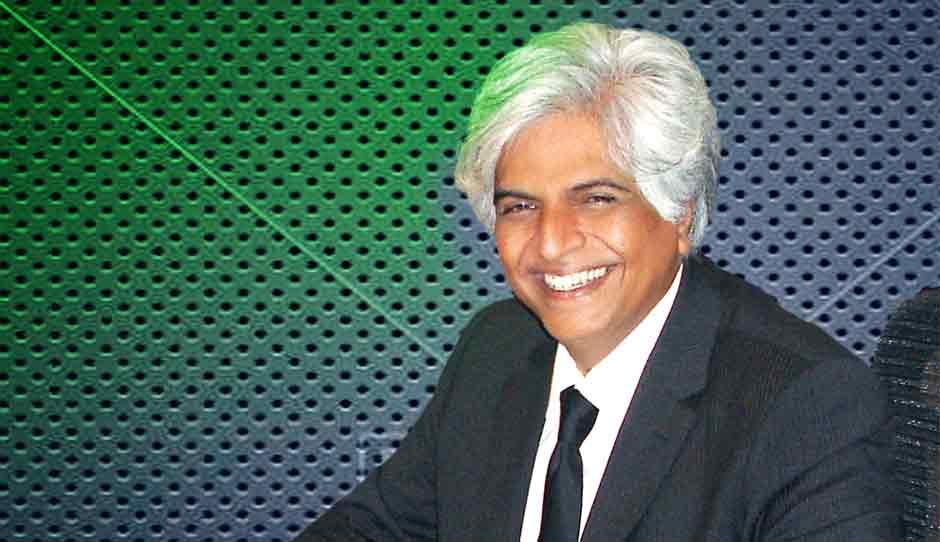How Pankaj Keswani Learnt to Be Detail-Oriented
- BY Shreyasi Singh
 In
In  16785
16785 0
0

Pankaj Keswani began Alufit, a facade engineering company, in 1984, with meagre funds and little experience. In fact, when he won his first contract—a Rs35,000 job to do aluminium cladding for a guest house—he didn’t have factory space or contractors. By the middle of 2000s though, Alufit was a thriving curtain wall provider with hundreds of successfully completed projects. The twist in Keswani’s tale happened around the same time, and taught him crucial lessons.
I wish I knew then how important homework is. But, I was over-confident.
The first two decades of building a business was tough especially since I was a first-generation entrepreneur. Both, in terms of access to capital and to advice, there was always a pressure to survive. Success really only hit me around 2005-06 when Alufit was around a Rs300-crore company. Plus, we had a great reputation. I had begun to feel I had the Midas touch. It was then that I decided to backward integrate the business and set up our own aluminium extrusion facility. It made perfect sense for us to have that in addition to our fabrications units. We could produce what we needed for our projects, and market the rest.
Aluminium was something I believed I could do anything with. I didn’t bother to do much research or make a project report. I made an investment of Rs60-80 crore to set up our Kuppam plant near Bengaluru straightaway. In fact, I was so confident about the project that I refused to take the tax holiday my bank offered. I don’t need it, I told them. Unfortunately, my optimism was misplaced. This was around 2008. The global economy was in trouble—first, the dollar depreciated and my costs for setting up the plant shot up. By the time the facility came up in February 2009, my fabrication business was beginning to tank. Existing orders were dwindling, and new sales had dried up. Moreover, I soon had to begin debt payments of Rs60 lakh a month on the new plant. The next two years, 2009-10, were terrible. I was worse off when I had started. It was a struggle to stay afloat. I managed for a year by selling a real estate asset for Rs20 crore.
I realised the only way out of this scenario was to get private equity funding. I planned to give away 30 per cent. Around the same time, the Indian subsidiary of Sapa Group, a Sweden-based aluminium solutions giant, came to visit the Kuppam plant. They were very impressed—we had the capacity to produce 1.2 million tonnes annually, and our processes were in place. Sapa wanted to expand in India, and I knew Alufit would be in greater trouble when that happened. So, I suggested we join hands. The next thing I knew the top management was doing evaluations, and wanted 51 per cent. I agreed because I wanted to get out and needed the money. Eventually, they upped the stake and bought us out completely. The deal went through in May 2011. We came out positive.
Although it ended well, I’ve learnt a big lesson—never take up anything without a proper study. I wish I knew then how important homework is. But, I was over-confident. It happens to entrepreneurs a lot. When you become successful, you begin to believe you’re always right. Today, I’m better off with this experience. I’m more detail-oriented as we expand into new cities, and over the last one year, we’ve got Alufit to Rs200 crore again.





























Add new comment